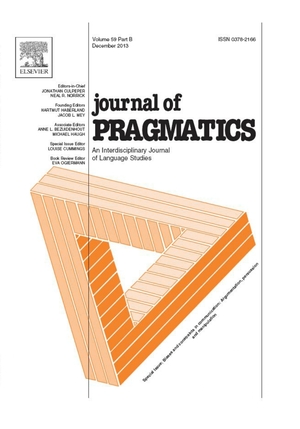
The present paper deals with the requestive development of a consecutive trilingual boy from ages 3.6 to 5.6. To the best of our knowledge, no previous study has accounted for the requestive development (i.e. use of directives) of successive trilinguals in early childhood. Yet, in previous analyses of our data involving years 2.6–3.6, we identified an increase in the use of conventionally indirect forms and a decrease in the production of direct request types coinciding with the introduction of a third language. On account of our results, we wondered whether the act of requesting would evolve differently or similarly in the three languages involved. The goal of the present paper is thus to further examine the direct, conventionally indirect and indirect forms employed during preschool years, that is, from ages 3.6 to 5.6. We hypothesized that while the three pragmatic systems were closely linked during ages 2.6 and 3.6 (e.g. indirectness in English requests affected Catalan and Spanish request forms) (i) requestive behaviour would vary across languages in line with Pau's sociolinguistic development (Barnes, 2001, Barnes, 2006), and (ii) the addressee's perceived status will affect the choice of pragmalinguistic routines employed (Peccei, 1999, Peccei, 2006). Data were obtained from audio and video-recordings while Pau was playing at home and there was interaction with the mother-researcher. The corpus we have analyzed includes 45 scripts of 30–60 min each. The time period between recordings was 30 days. Results from our analysis confirm our two hypotheses and they shed new light on early multilingual pragmatic development by providing a multilingual focus.